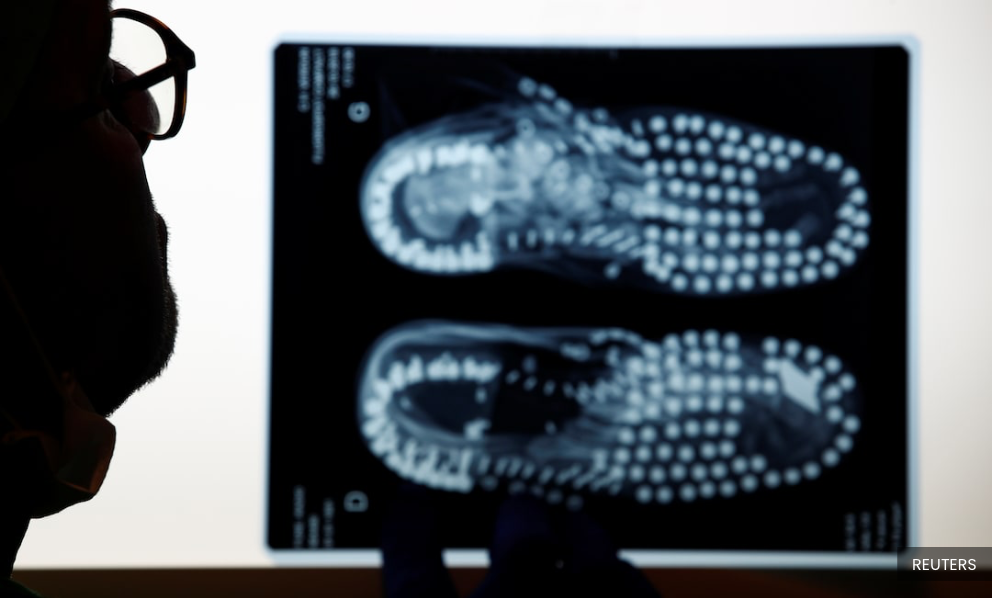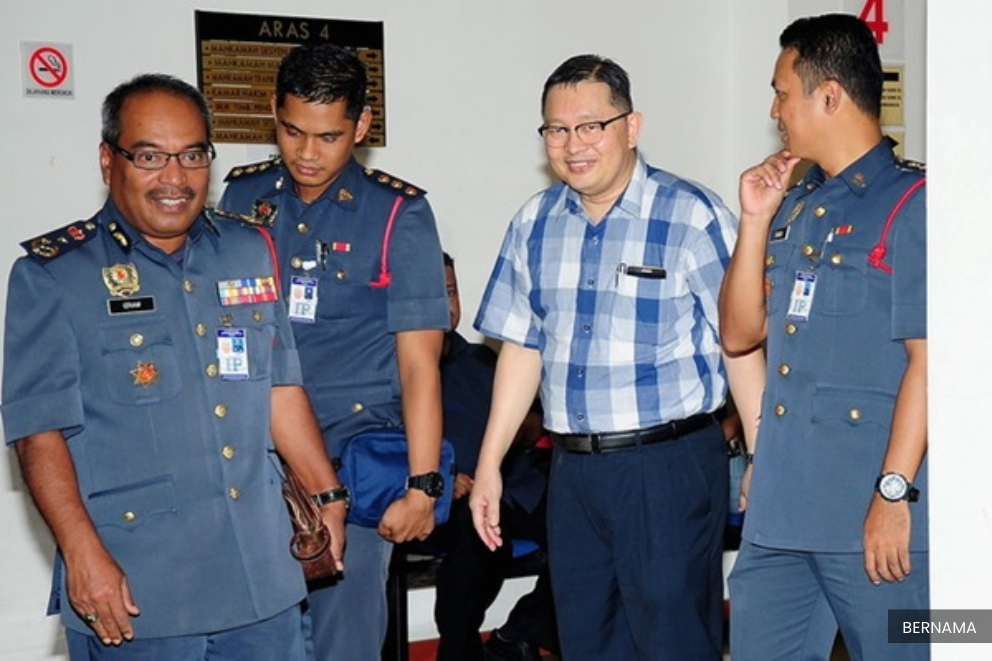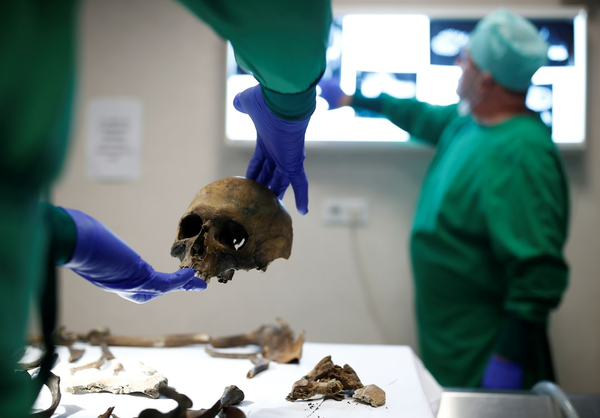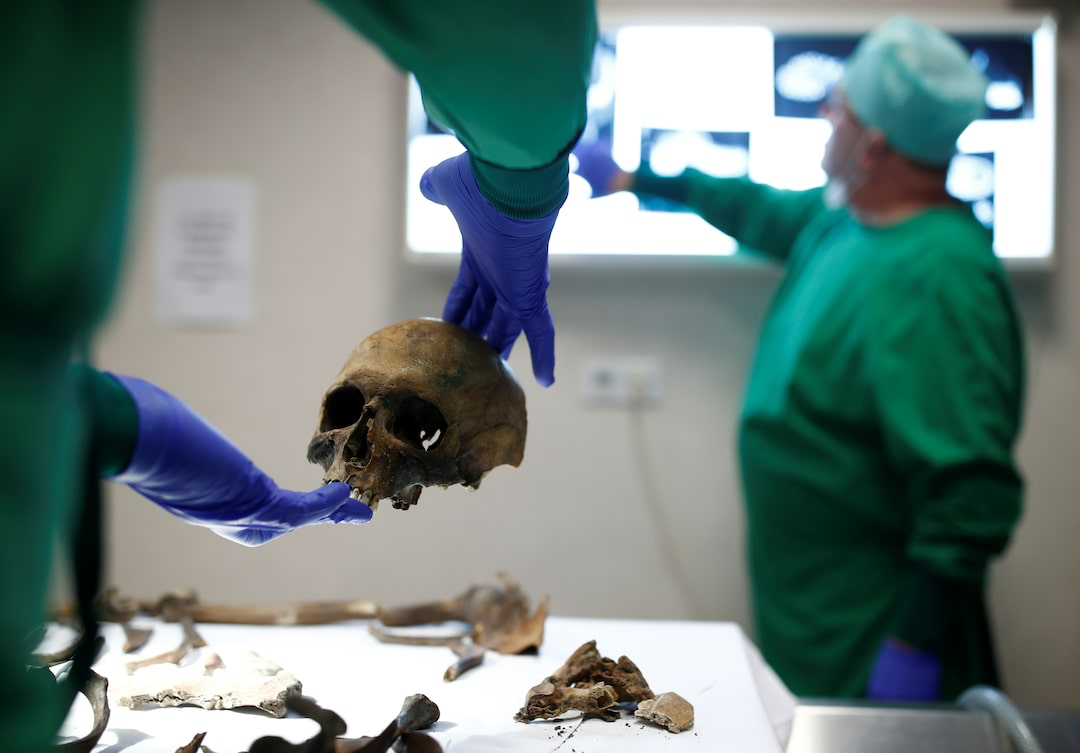SHAH ALAM, Sept 11 — A second post-mortem conducted after exhumation can provide vital insights into a person's cause of death, including the possibility of foul play, said a former senior forensic and pathology consultant.
Prof Dr Shahrom Abd Wahid said the process allows the medical officer handling the procedure to better assess the deceased’s physical condition, offering a clearer picture of how the death occurred.
He said the officer would also be able to reconstruct the circumstances leading up to the death, as well as determine whether it involved foul play.
“For example, if the deceased had a broken leg, it may be visible externally, but the medical officer conducting the post-mortem will examine it thoroughly. They will look for the cause of how the leg was broken.
“The officer will also relate it to other signs such as abrasions and wounds. They may then check the sole of the shoe to see if it was struck. All of this will be carefully examined and analysed until the cause can finally be determined,” he told Media Selangor.

His remarks follow the recent high-profile deaths of Form One student Zara Qairina Mahathir and Reserve Officer Training Corps (Palapes) trainee Syamsul Haris Shamsuddin in July.
In both cases, the court ordered the exhumation of the deceased bodies after their families questioned the cause of death and suspected elements of bullying.
Dr Shahrom, who has more than 40 years of experience in forensics, said a second post-mortem can still provide crucial evidence even if the body has been buried for a long time and only the bones remain.

He said such evidence remains significant, even if it does not provide the complete picture, as it would be corroborated by other supporting testimonies before being presented in court.
“For example, in the case of a broken bone, the evidence can indicate whether the victim was struck, tried to defend themselves, or was injured in an attack. Even if the soft tissue is gone, the bones still preserve valuable evidence.
Having handled numerous exhumation cases, including abroad, Dr Shahrom said the most comprehensive findings can only be obtained from a body that is still relatively fresh.
However, even a body that has been buried for a long time can still yield leads if examined by an experienced and highly-skilled expert.
“Forensics is about establishing accuracy, but the outcome depends on the person conducting the examination. If they are competent, the findings will be accurate.
“Titles, consultancy positions or years of service do not necessarily determine expertise. It all comes down to experience,” he said.




